Moroccans are known for their warmth and hospitality, reflecting the diverse cultural fabric of their country. Rooted in Arab, Berber (Amazigh), and other ethnic influences, Moroccans exhibit a rich blend of traditions. The family plays an important role in Moroccan society and is often the cornerstone of social life. Strong kinship ties extend throughout the community, fostering a sense of solidarity and support. Moroccan life is a blend of modernity and tradition.
In cities like Marrakech and Casablanca, you’ll find bustling markets, new businesses, and modern fashion, while the countryside has maintained a more traditional lifestyle. Moroccan cuisine is known for its aromatic spices and bold flavors, reflecting the country’s history as a crossroads of trade.
Music and dance are an integral part of Moroccan culture, with rhythms of drums and melodious music filling the air at festivals and celebrations. Moroccans have a deep faith in their religious practices, especially Islam, and this defines their daily activities. The call to prayer echoes through cities, a reminder of the impact of faith on their lives.
Renowned for their craftsmanship, the artisans create stunning carpets, ceramics, and textiles, reflecting the creative spirit of Morocco. Overall, Moroccans are a vibrant mosaic of tradition, community, and creativity, creating an interesting mix of old and new.
1. A mosaic of features
The rich diversity of Moroccan life. This fermenting ethnicity, which in this country intermingles with a few Spanish, French, and sub-Saharan African heritages, contributes to the multifaceted cultural milieu that characterizes the country.
2. Traditional Dress
More than clothes, Moroccan traditional clothing is a window into the history and values of the country. The women typically wear an elaborate kaftan while the men carry a djelaba. With intricate patterns and vibrant colors, these dresses reflect the artistic spirit and modesty that are central to Moroccan culture.
3. Religious unity
The kingdom of Morocco is predominantly Muslim, and Islam is deeply woven into the fabric of society. The call to prayer echoes throughout the cities, and churches stand as architectural marvels. The coexistence of Islam with Judaism and Christianity is a testament to the country’s historic tradition of religious tolerance.
4. Family and community
The family is the cornerstone of Moroccan life. Extended families tend to live together, creating a sense of intimacy and unity. Elders are respected and play an important role in decision-making. Communities play an essential role in celebrations, animal interactions and cultural preservation.
5. The Art of Hospitality
Moroccan hospitality is legendary. Visitors are welcomed with mint tea and sweet pastries, an expression of the warmth and generosity that define the people. The tradition of inviting guests into one’s home is a reflection of the country’s values of inclusivity and connection.
6. Culinary kaleidoscope
Moroccan cuisine is an eclectic mix of flavours, combining native ingredients with influences from Arab, Mediterranean, and African cuisine. Tagines, couscous, and harira soup are just a few examples of the amazing dishes that reflect Morocco’s historic trade routes and agricultural heritage 7. Souks and Fairs Large markets or souks are production spaces where local artisans showcase their handicrafts. Stunning carpets, colorful ceramics and soft fabrics tell stories of tradition and creativity. These markets also exemplify the art of cultural exchange between merchants and consumers.
8. Music and Dance
A Musical Legacy of Moroccan music and dance are as diverse as the country. Gnawa, Andalusian and Amazigh rhythms echoed through the streets. Festivals such as the Fez Festival of Sacred World Music celebrate this heritage, inviting artists from around the world to participate in the cultural dialogue.
9. Education and Development
In recent years, Morocco has made great strides in education and development. The country recognizes the importance of education in shaping the future, with efforts to increase literacy rates and promote gender equality in schools.
10. The gap between tradition and modernity
Morocco is a country in transition, and it is moving through the delicate balance of preserving its rich heritage and embracing modernity. The younger generation is also pushing boundaries in areas such as art, fashion, and entrepreneurship while respecting tradition, shaping a thriving Moroccan identity.
Moroccans are the threads that weave the national narrative. Throughout centuries of history, textiles have been woven vibrantly, diversely, and deeply rooted in tradition. Their warmth, hospitality, and commitment to preserving their cultural heritage are cornerstones of Moroccan society. As Morocco continues its journey into the future, its people remain the heart of this incredible land, a testament to the power of unity in diversity.
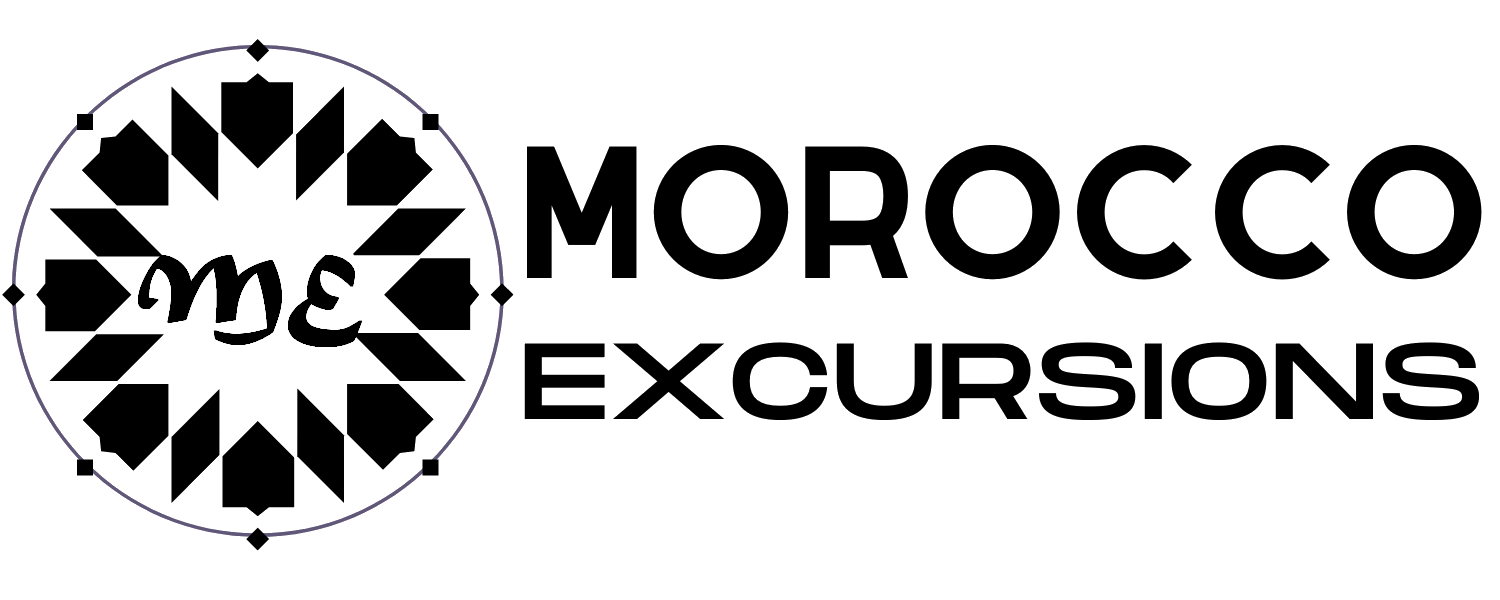
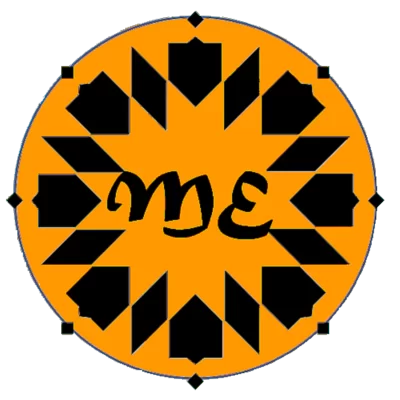

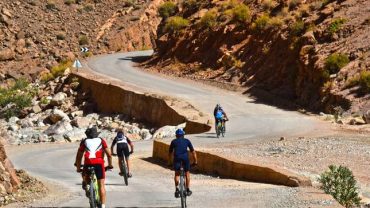
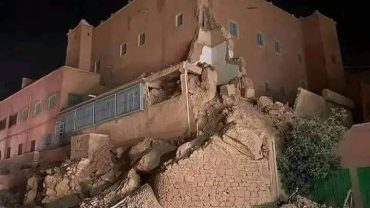
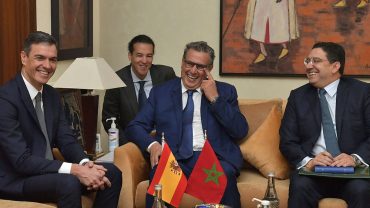
Comment (0)